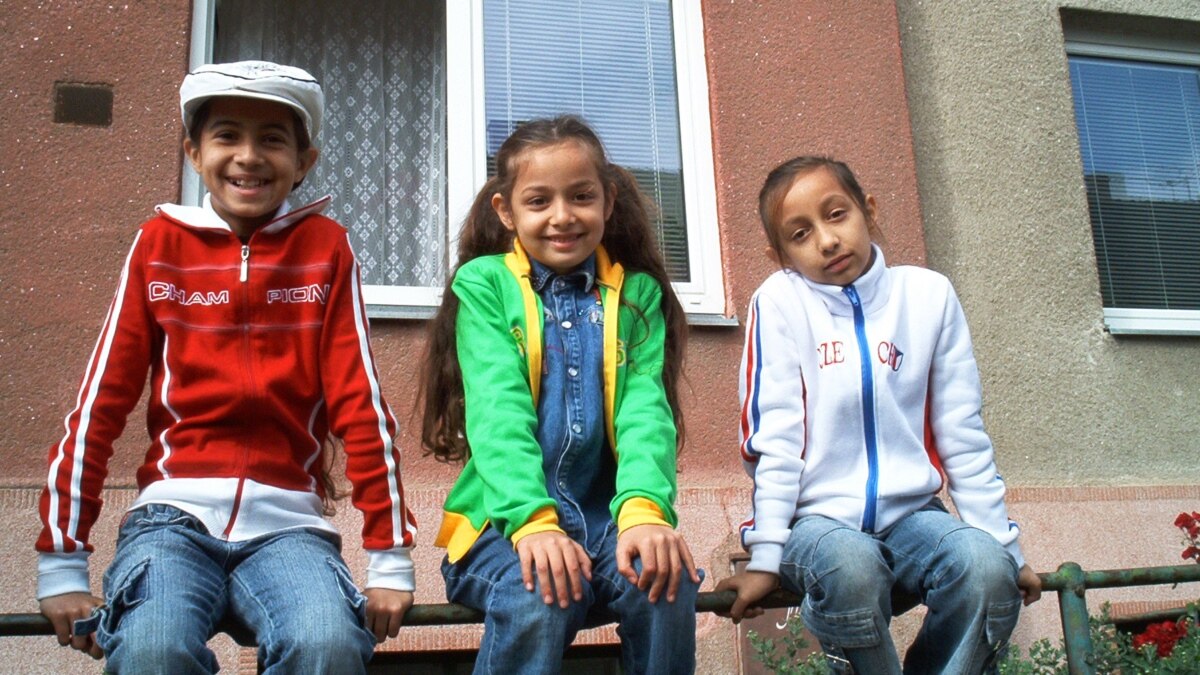Europe's Roma Do Not Have Equal Education
In early news coverage of a 2020 report, the Associated Press wrote about a lesson in how lynchings and executions have been used in America to discriminate against minority groups. The report, which was a joint effort by Amnesty International and the European Roma Rights Centre, documented how Romani children are systemically denied access to education in several European countries. The report serves as a reminder of the dangers of prejudice, discrimination, and dehumanization. It also highlights the need for ongoing efforts to recognize and address discrimination and ensure equal access to education for all children, regardless of their ethnicity or background.

Illiteracy is a direct consequence of educational disparity because as Roma
children receive a lower quality of education and experience more
difficulties succeeding in school, they are less likely to develop the
same literacy skills as their non-Roma peers. In a study of the Roma
population across 11 EU member states, 20% of respondents aged 16 and up
said that they could neither read nor write, as compared to 1% of
non-Roma living close by. Another study across western and eastern Europe found that 10% of Roma people are completely illiterate.
This statistic includes adults as well as children, demonstrating that
illiteracy in the national language affects all age groups within the
Roma population and is not a recent phenomenon. Roma girls also tend to
be less literate than Roma boys; in one study, 20% of Roma boys were
reported to be illiterate, compared to about 25% of girls.
Comments
Post a Comment